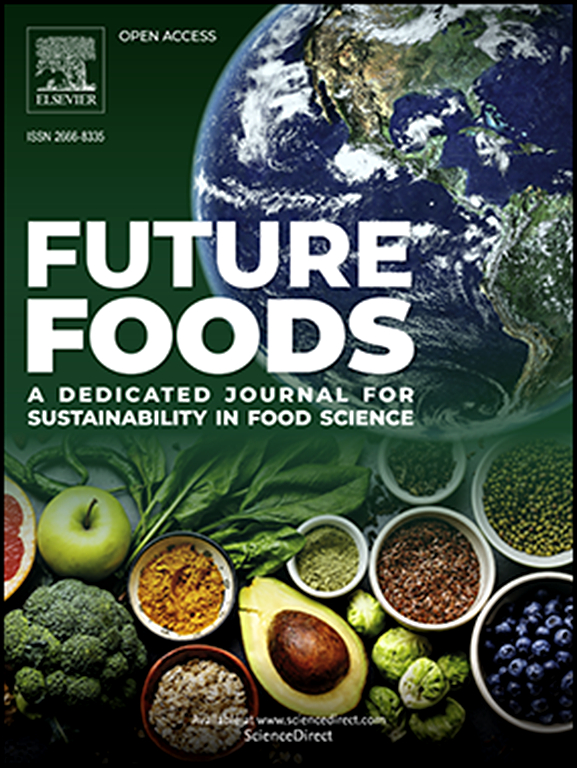How innovation-friendly is the EU novel food regulation? The case of cellular agriculture
IF 7.2
Q1 FOOD SCIENCE & TECHNOLOGY
引用次数: 0
Abstract
The Novel Food Regulation provides the central legal framework for regulating food innovation in the European Union (EU). Its suitability for transformative innovation, such as cellular agriculture, has recently come under intense political and scientific scrutiny. This paper systematically analyzes how the Novel Food Regulation affects the development of cellular agriculture in the EU. It employs an original analytical framework that captures its influence on the functionality of the innovation system as well as the potential for “legal disruption” caused by technological development. It triangulates a detailed legal analysis with empirical data, collected through EFSA's stakeholder consultations, expert interviews, as well as an original stakeholder survey. Results show mixed effects of the regulation on the innovation system for cellular agriculture: whilst the transparent and robust procedures by EFSA contribute to knowledge diffusion and legitimation, the complex authorization process hampers entrepreneurial experimentation, resource mobilization and market formation. The regulation's narrow focus on food safety and the potential for political interference in the authorization process create a risk for legal disruption. We argue that the creation of well-designed “regulatory sandboxes” could facilitate the identification of solutions that actually contribute to food system sustainability and innovation, without compromising food safety.
求助全文
约1分钟内获得全文
求助全文
来源期刊

Future Foods
Agricultural and Biological Sciences-Food Science
CiteScore
8.60
自引率
0.00%
发文量
97
审稿时长
15 weeks
期刊介绍:
Future Foods is a specialized journal that is dedicated to tackling the challenges posed by climate change and the need for sustainability in the realm of food production. The journal recognizes the imperative to transform current food manufacturing and consumption practices to meet the dietary needs of a burgeoning global population while simultaneously curbing environmental degradation.
The mission of Future Foods is to disseminate research that aligns with the goal of fostering the development of innovative technologies and alternative food sources to establish more sustainable food systems. The journal is committed to publishing high-quality, peer-reviewed articles that contribute to the advancement of sustainable food practices.
Abstracting and indexing:
Scopus
Directory of Open Access Journals (DOAJ)
Emerging Sources Citation Index (ESCI)
SCImago Journal Rank (SJR)
SNIP
 求助内容:
求助内容: 应助结果提醒方式:
应助结果提醒方式:


